How to write a book about your life – words I’ve actually Googled.
I mean, this is normal, right? Aren’t we all Googling these words?! 🙂
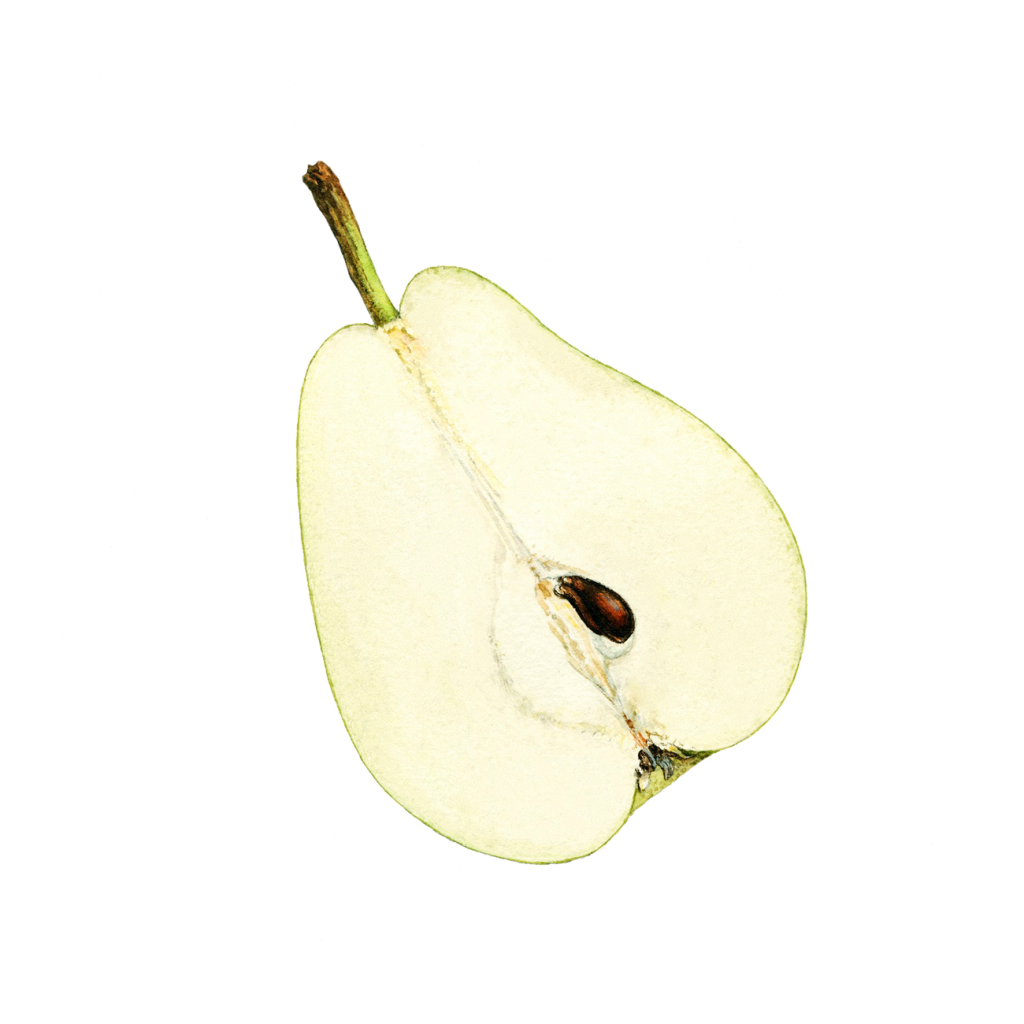
Life isn’t about finding yourself.
Life is about creating yourself.
– George Bernard Shaw
I started a Google Word document on March 3, 2016. The title was, “A Thyme for Milk and Honey book.”
And then I went for a random Tuesday afternoon bike ride yesterday. I took Samarah’s bike because she has a water bottle holder, cell phone holder, and basket on her bike. This is important because these are critical elements for getting into my zone of peace.
While I was out riding, this overwhelming sense of peace came over me.
And this is not something I frequently feel these days. It could have been the sauve bike or the perfect weather day, but nonetheless – peace.
And I kept hearing THREE ELEVEN.
Anyways, back to that Google Word doc. I remembered this Google Word doc that I had created years ago, which acted as an outline for the book I’ve been dying to write – my own story.
In a matter of 5 minutes on the bike, I had already written a snippet of the key elements for the book in my head.
I got home, and opened the notes.
It was then that I realized I had started this process on March 3, 2016. Yes, that’s correct – like 9 years ago!
THE ENTIRE LIFE STORY outline is there, albeit maybe a little different than the way I’d write it now – because the last 9 years sure have thrown me through so many massive hoops.
Anyways, I got super excited and decided that it’s time.
It’s time for me to finally write my real life book.
Which brings me back to the topic at hand for today…..How to Write a Book About Your Life.
How to Write a Book About Your Life
Click HERE to save this article on How to Write a Book About Your Life.
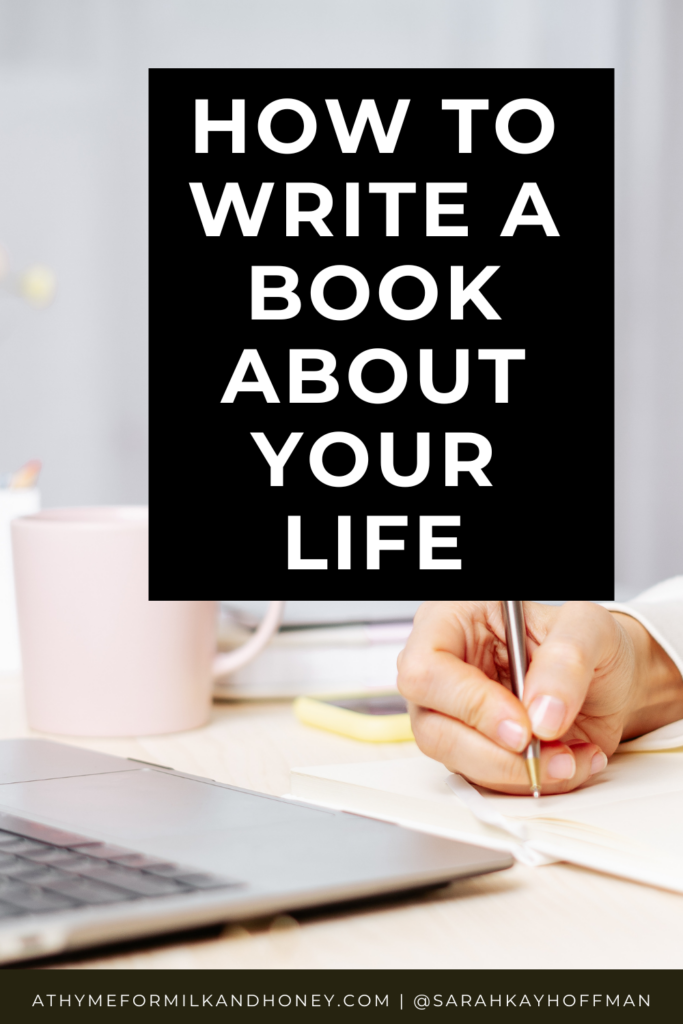
Now, you might not be looking to write your own book. But I’m still going to share this so:
- You can see how I’m going to go about it and
- You can think about doing it on a personal level – sharing your life stories in your own journal to have them tucked away (also, it’s super therapeutic – been doing it my entire life)
Step 1: Brain Dump
I’ve been doing this for years through journaling and free writing. In fact, this is how I started the entire career I’d ultimately fall into.
As early as Elementary school I was keeping journals packed full with life experiences, personal stories, and thoughts I had along the way.
So when I think about writing this book now, the first place I return to is gathering as much information as I can from even back then.
In Middle school we learned to write papers based on library research. I remember I wrote about the OJ Simpson case. I’d gather bits and pieces of information, place them about various note cards. Then, I began the writing process once all my facts and information were in one place.
I already have these pieces for my own life story; finding them all and laying them out will be quite the task and hard work, however.
But this is step 1.
Step 2: Organize Those Life Lessons
Once the brain dump is complete and all pieces have been collected, then it’s time to organize them.
At this point in the game, the idea is simply to put the notes and stories in chronological order.
Since I’m writing a non-fiction type of book, I’ll need to go in order of my personal experiences and life events.
And since I have stories that date back as far as I can remember, I’ll want to organize them appropriately to tell the entire story.
Step 3: Decide on the Nonfiction Genre
You may or may not know this, but not all nonfiction is the same.
If you’re choosing to write nonfiction, then you have to filter it even more.
Here are the 3 main nonfiction genres I’m considering to convey my personal story:
- Biography/Autobiography: These are the author’s life stories, which are written by them.
- Memoir: A personal memoir is a form of autobiographical writing, but focuses on specific events or a specific period of time in the author’s life vs. providing a comprehensive life story.
- Self-Help: This form of nonfiction is designed to provide guidance in a powerful way to improve one’s life or solve a specific problem or unique challenges.
These, of course, are not the only genres. There are also: essays, travel accounts, history, scientific, true crime, cookbooks and reference books, academic texts, philosophy, and even parenting. And NO, no I am NOT writing a parenting book. Ha.
BTW – I’m already a published author, having written a cookbook/academic text with a traditional publisher, The Leaky Gut Meal Plan and a self-help/cookbook/academic text that was self-published, A Gutsy Girl’s Bible: a 21-day approach to healing the gut.
I’m no stranger to the process of writing a book, starting from a blank page.
Step 4: Decide on + Define the Main Theme
While the story of your life is definitely long and nuanced, there still must be an overall theme.
I’m fairly certain as to what mine is, but I’ll need to hone in on this a little more to define the specific theme.
The most important thing is to minimize as much reader confusion as possible.
A clear theme will help.
Step 5: Start Writing (the actual First Step)
A good writer spends a lot of time writing – whether or not the content ever even makes it way to the first draft.
When I’m ready to write, instead of making it some daunting task, I simply just start.
Here’s how I personally ORGANIZE my writing:
- I create everything via my Google Drive.
- There is a folder called, “My Book!”
- Inside this folder are various Word docs. Currently: general overview, brain dump, chapter 1, opening and intro.
- I keep everything labeled in a detailed way (so I can easily find it).
Once I’ve gotten through several different parts of the book outline, I’ll then create folders INSIDE of the “My Book!” folder to categories the key events.
This is how I’ve found it to be the best way to move to the next phases; more of the editing process. (You want to keep it all as simple to find as possible for other writers and editors throughout the process.)
Step 6: Keep Writing
Whether it’s your first book or 10th, these books don’t happen overnight.
A narrative nonfiction book can take as little as 12 weeks and up to three – ten years for some.
There is no “right” time frame or answer for completing the entire book.
However, it’s a good idea to just keep writing. Every single day, even if it’s just for 15 minutes.
Honestly, so much of what you write will not be used anyways. But you can’t get to the really good stuff without writing it all, and writing often.
For the record: I’m praying for about a 12-month-ish timeline. At least for the final first draft to be done. Give or take, due to inspiring and also setback factors.
Step 7: Next Steps
Once a comprehensive outline + first draft is done, then the next step is to choose the publishing route.
Typically the most important question to ask yourself here is: traditional publishing via a publishing house or self-publishing.
Again, I’ve done both.
And truth be told, I’m not sure the route I will choose for this one. If you know of a publisher, though, feel free to send them my way 🙂
Honestly? I’m leaning towards self-publishing. I find it much more freeing. It felt more authentically me. And I’d probably only go the traditional route if it was the perfect fit where I could share truths without odd requests and censors.
Regardless, even if you go the self-publishing write, you MUST work with a professional writer and editor because this will drastically change the quality of your book.
I’ve always worked with a professional team, and I think it’s probably the most important thing you can do to bring to life an amazing life story.
You can be a great storyteller, but rarely will you also be a fantastic editor. If you are, then you’re a unicorn of the perfect writer! I’m not, and I’m perfectly okay admitting that I’ll need help.
My Own Story: I’m Writing a Book!
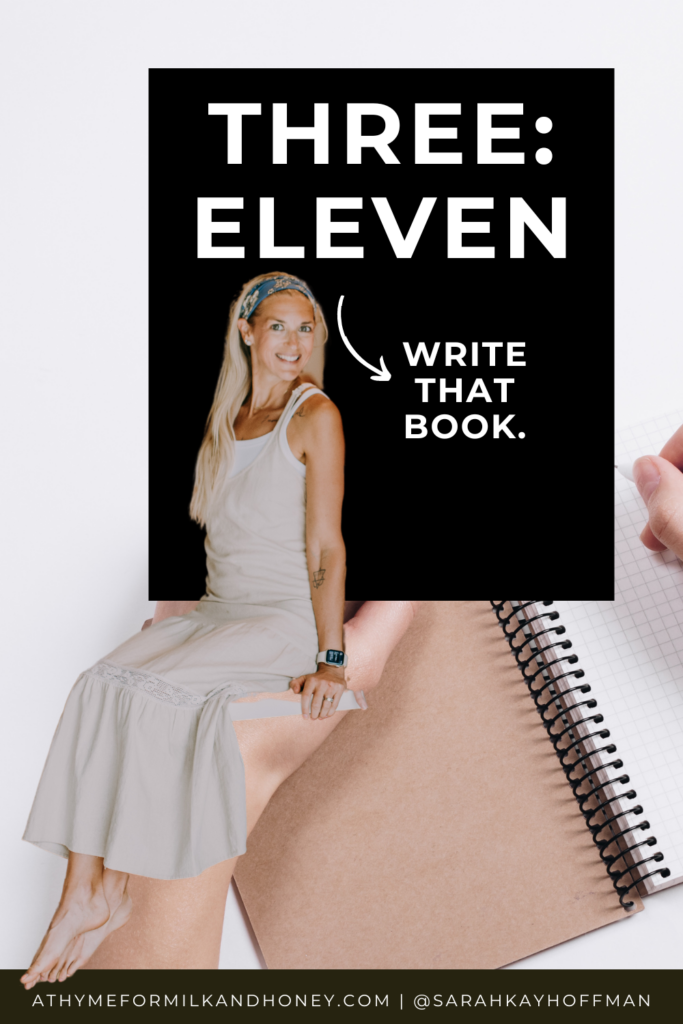
Things I know for sure about this book I’ve already started writing and am (finally) continuing to write:
- I’ll spend a ton of time on steps 1 and 2; that’s okay.
- There will be no rushing; the last thing I want is for a jumbled mess.
- It will be written in the first person narrative (some choose the third person).
- I’ll “disappear” for some writing retreats; find a great place in Minnesota, but also write inside and around our house. Our house has always felt like the perfect staycation; I just need to make a true staycation with it happen.
I’m so excited to go through this process!
The process of writing more gut-health focused books looks much different from both an editorial and emotional standpoint than writing short stories where I’M part of the main characters team.
But I’m really looking forward to it because it feels like a project that’s “me time.”
People always wonder how I can stack yet another thing on my plate. I’m not. I’ll take something away. Because this is super important and inspiring to me on a very deep and personal level.
p.s. While I don’t have a SET timeline (at least not yet), I still want accountability. I’m trying to figure out a structure for this. Is it by keeping people updated here? Or through my email newsletter (which I rarely write to currently btw)? Or? If you have thoughts, let me know in the comments!
Xox,
SKH
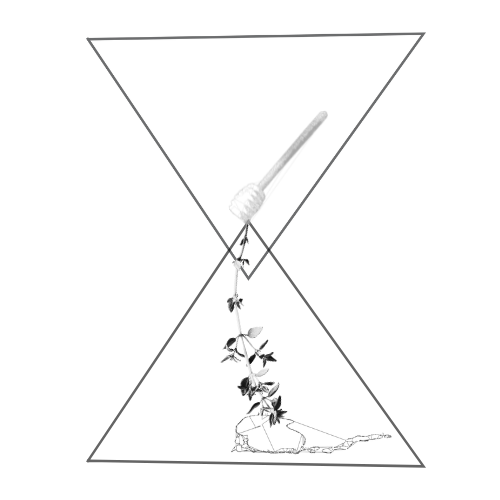
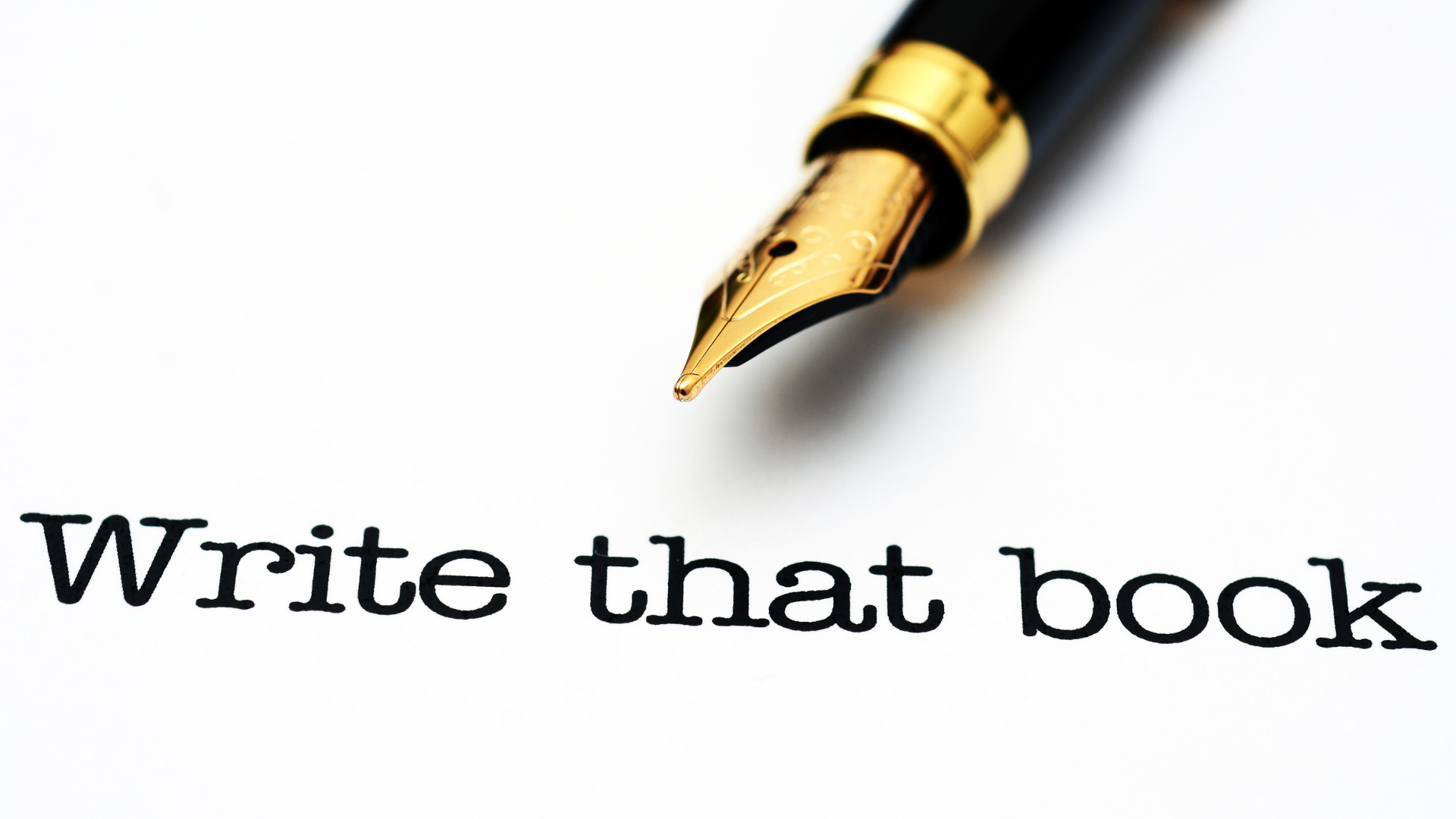
No responses yet